Making Room for a Happier, Healthier Mouth
Don’t let your wisdom teeth overstay their welcome—our team can help you safely remove them for a more comfortable future.
400+ 5-Star Google Reviews
⭐⭐⭐⭐⭐


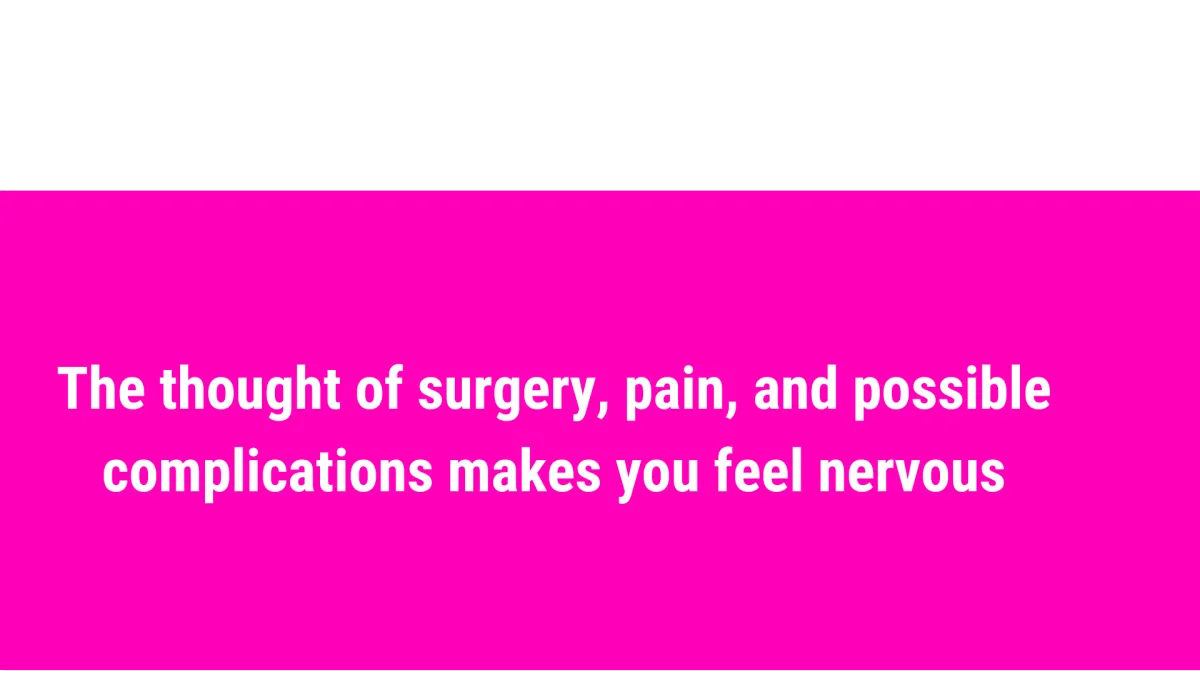

❌ You might be worried about taking time off work or school for the recovery process.
❌ The cost of the procedure and any potential follow-up care might make you hesitate.
❌ You may feel nervous about the surgery and the potential for pain or complications.
❌ You may feel unsure about when the right time is to have your wisdom teeth removed.
❌ Or maybe the thought of the procedure or anesthesia makes you feel uneasy.

We make the process of getting your dream-smile easier than ever with a digital process that is revolutionizing the industry of Smile Makeovers.

Making Room for a Happier, Healthier Mouth

Don’t let your wisdom teeth overstay their welcome—our team can help you safely remove them for a more comfortable future.
400+ 5-Star Google Reviews ⭐⭐⭐⭐⭐
The thought of surgery, pain, and possible complications makes you feel nervous

❌ You might be worried about taking time off work or school for the recovery process.
❌ The cost of the procedure and any potential follow-up care might make you hesitate.
❌ You may feel nervous about the surgery and the potential for pain or complications.
❌ You may feel unsure about when the right time is to have your wisdom teeth removed.
❌ Or maybe the thought of the procedure or anesthesia makes you feel uneasy.
Get The Killer Smile You've Been Waiting for.

We make the process of getting your dream-smile easier than ever with a digital process that is revolutionizing the industry of Smile Makeovers.


Not sure when to have your wisdom teeth removed? We’ll help you make the right choice.
We understand the stress of wisdom teeth removal and are here to guide you through every step.

Meet Your Cosmetic Dentist
Self-Proclaimed Dental Nerd and Fan of the Latest in Dental Technology, Dr. Rouse is here to help you find a solution to your dental needs, including better quality of life thru chewing better food and a better smile.

Dr. Alex Rouse, DDS, FADI, PLLC
Myth: Wisdom teeth only need to be removed when you are in pain Wisdom teeth can cause cavities on adjacent teeth and crowd front teeth after braces if left untreated in a small jaw that can't accommodate them.
Whether you are trying to prevent a second round of braces for your teen or have impacted wisdom teeth causing pain, we are here for you.
Don't wait until your wisdom teeth are badly infected and broken to have them removed. Contact us for a consultation today!
"But my wisdom teeth aren't hurting me'...
Why Open Late Dentistry?

Advanced Tech. Better Smiles
"These guys are an amazing team! Always on time, thorough, professional and friendly! All the new technology too. Highly recommend"
Susan D.
⭐⭐⭐⭐⭐

An Environment You’ll Love
"I always have a great experience at Open late dentistry. The environment and the infrastructure is great and the doctor is amazing."
Gokul H.
⭐⭐⭐⭐⭐

Easy Online Booking
"Had a wonderful experience at the Dentist today. The ease of booking an appointment online and the atmosphere were enough to put me at ease. The Dr and staff were both personable which made the process a breeze. I definitely recommend their services at Open Late Dentistry"
Kristin H.
⭐⭐⭐⭐⭐
Wisdom Teeth Post Operative Care Instructions
Post-op Care for Dental Implants Immediate Postoperative Care should be taken in the immediate postoperative period to minimize contact with the implant.
Aside from normal hygiene, it is best to completely leave the implant alone for the first 2 weeks after placement.
Limit foods to softer items and chew in an area away from the implant during the 10 to 12 week integration stage.
Bleeding - Minimal bleeding is expected after implant surgery. The best way to stop bleeding:
Fold 2 pieces of damp gauze over the extraction site and gently bite for 30-60 minutes making sure pressure is being applied to the extraction site.
Rest quietly with your head elevated.
If bleeding continues, use gauze for an additional 30 minutes.
Bleeding should always be evaluated by looking directly at the surgical site.
Pink or blood-tinged saliva may be seen for 2-3 days following the surgery and does not indicate a problem.
Suture material may last 2 to 3 days and should be left alone.
You will be asked to return to the office for a 2 week follow-up appointment.
Any sutures remaining at that time may be removed at the surgeon's discretion.
Do not pull or cut the sutures yourself.
Swelling - Swelling is the body's normal reaction to surgery and healing.
The swelling will not become apparent until 24 hours after surgery and will not reach its peak for 2-3 days. After this time, the swelling should decrease but may persist for 7-10 days.
Swelling may be minimized by the immediate use of ice packs.
Apply the ice packs to the outside of the face 20 minutes on and then 20 minutes off while awake for the first 24 hours.
After 48 hours, begin use of a warm, moist compress to the cheek.
Medication/Pain - Unfortunately, most oral surgery is accompanied by some degree of discomfort.
If you do not have an allergy to non-steroidal anti-inflammatory medications (Ibuprofen, Motrin, Advil) we recommend taking this prior to the local anesthetic wearing off.
More severe pain may require a narcotic pain medication. Alternate Ibuprofen (3 tablets/200mg each) and the Tylenol #3 medication every two hours if needed.
Once you feel like you can stop the narcotic, use Ibuprofen or Tylenol.
You may also be prescribed an antibacterial mouth rinse which should be used twice daily in the first two weeks following implant surgery.
All medications should not exceed the recommended dosage. If an antibiotic is prescribed, take the tablets or liquid as directed. Take the entire prescription until gone.
Make sure to call the office if a rash or other unfavorable reaction occurs.
Diet After I.V. sedation -
Start with liquids. While numb, patients should avoid hot liquids or foods. Patients may have applesauce, pudding, or jello.
Drink: Water Applesauce Juice Jell-O Ice Chips Pudding Popsicles Yogurt Milkshake
Once numbness wears off patients can progress to solid foods, chewing away from the surgical sites.
Eat Soft Foods: \Mashed Potatoes Pasta Eggs Pancakes Creamed Cereals Soups (be careful-not too hot)
Increase Diet as Tolerated Other Considerations Your surgeon will notify you and your dentist when your implant is ready for restoration; typically 10 to 12 weeks following implant placement.
Oral Hygiene - The best way to prevent infection and ensure healing is to keep your mouth clean.
Clean your mouth thoroughly after each meal beginning the day after surgery.
Use a soft bristle toothbrush and toothpaste after meals and at bedtime.
Should bleeding resume after brushing, repeat the use of gauze as described above.
Do not rinse your mouth the day of surgery.
Activity For the first 48 hours you should rest and relax with no physical activity. After 48 hours, you may resume activity as tolerated.
Healing Bad breath is common and will disappear as healing occurs. 2-3 days following surgery, white, possible hard tissue may be seen in the surgical site. This signifies normal, healing tissue.
It's not unusual to see the silver healing cap appear through gum tissue following the procedure.
Where Does Dental Bone Grafting Come From?
Bone Grafting Can Come From Several Different Sources Including:
The Patient’s Own Donor Site (We Try To Avoid This At All Costs)
A Xenograft from a Bovine Source
An Allograft From A Lab
The new bone growth strengthens the grafted area by forming a bridge between the existing bone and the graft material. Over time, new bone growth will replace much of the grafted material.
Post Operative Care For Dental Bone Grafting
After Care Instructions for Bone Grafts
Your bone graft is made up of many particles. You may find some small granules in your mouth for the first several days. This is normal. The socket is over packed to allow for the loss of a small amount of particles. It is normal to have some of them come out of the graft site and into your mouth.
The following can be done to minimize this:
Rinsing/mouthwash: Do not vigorously rinse or spit for 3 to 5 days. Do not use any over-the-counter mouth wash during any part of the healing process. You may rinse with warm salt water if desired or a prescription mouthwash if given. If a partial denture or a flipper was placed in your mouth, be very careful removing and placing it while healing. Sutures: Most times the sutures that are placed are dissolvable sutures that will dissolve in 10-14 days.
Avoid pressure: Do not apply pressure with your tongue or fingers to the grafted area because
the material is movable during the initial healing. Avoid pulling/poking area: Do not lift or pull the lip to look at the sutures; this can actually cause damage to the wound site and tear the sutures. Avoid poking the site with your tongue.
Food: Avoid chewing hard foods on the graft sites. Chewing forces during the healing phase can disrupt the healing process around the graft.
Smoking/Alcohol: It is highly recommended to discontinue smoking or alcohol for a minimum
of one week after your procedure.
Follow up (1 week): You should have an appointment for a one week post op visit. This allows
us to evaluate how you are healing so that we can determine when your next phase can begin.
Tooth Extraction
A tooth extraction may be necessary for many reasons, including severe damage or decay. One of the most common dental procedures, a tooth extraction can eliminate bacteria and improve your overall oral health.
What is a tooth extraction?
A tooth extraction is a dental procedure during which your tooth is completely removed from its socket. Sometimes, people refer to this as “pulling" a tooth.
When is tooth extraction recommended?
Healthcare providers prefer to save natural teeth whenever possible. But sometimes, other restorative methods — such as dental fillings
or dental crowns— aren’t enough. If your tooth has been badly damaged past the point of repair, then removal may be necessary.
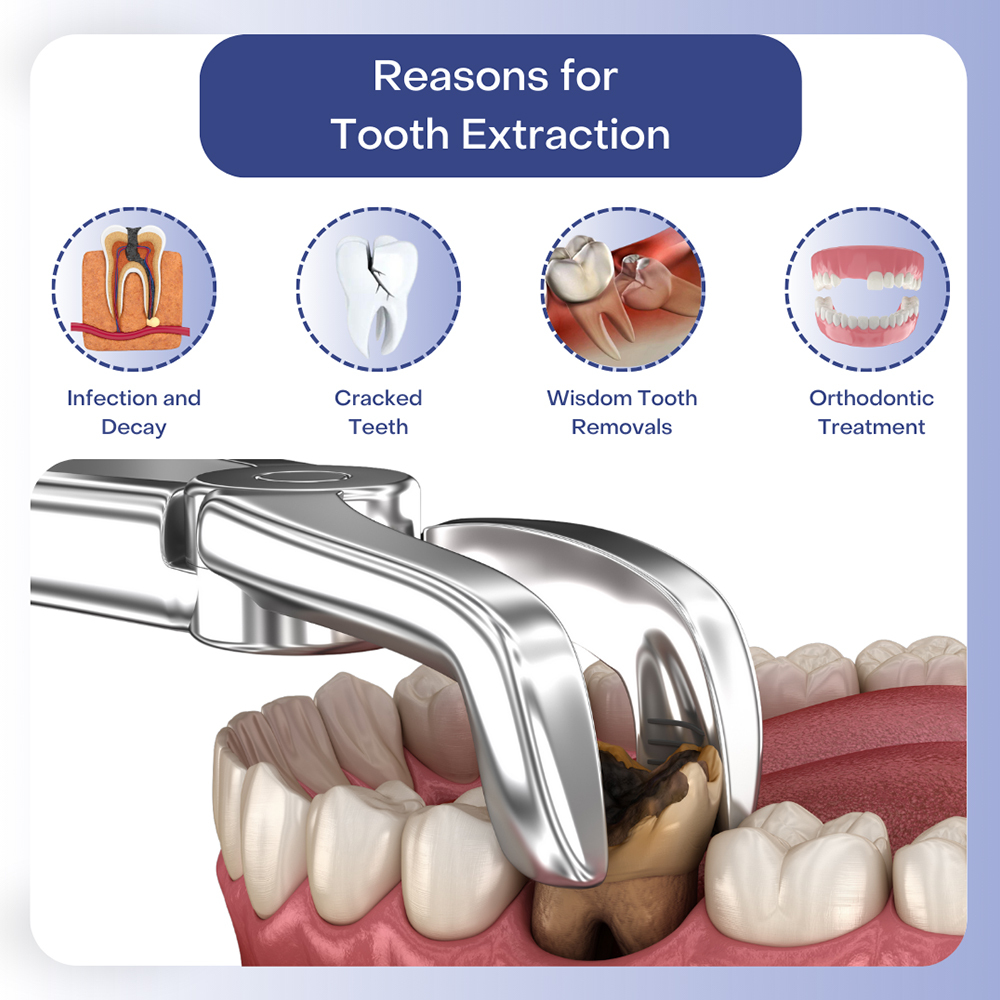
TESTIMONIALS.
Over 400+ 5-Star Google Reviews
Don't just take our word for it. When it comes to who you trust your dental care with, see what our Celina-area residents are saying about the Open Late Dentistry and Orthodontics Team
Tour our office
Wanna see what our office is all about?
TESTIMONIALS.
Don't just take our word for it... When it comes to who you trust your dental care with, see what our Celina-area residents are saying about the Open Late Dentistry and Orthodontics Team
TAG!...YOU'RE IT.DESKTOP NEW PHONE TESTIMONIALS
Come find us!
Our family-owned practice makes access to affordable care with the latest technology easy and gives you the best results. We will have you chewing better than ever before with our custom-designed Dental Implants and consultations after work-hours
Wisdom Teeth Removal F.A.Q.'s
Why do wisdom teeth need to be removed?
Wisdom teeth do not always need to be removed. Most of the time however, either the upper or lower jaw does not have enough space to fit your wisdom teeth. This can cause infection issues and problems keeping the area clean so it is highly recommended to remove them when symptoms are present. The wisdom tooth extraction procedure is very common and standard practice with an oral surgeon, so when wisdom teeth are causing problems your dentist will probably refer you to a local oral surgeon to have them extracted and prevent further problems and discomfort.
What are wisdom teeth?
Wisdom teeth are the third molars that typically erupt between ages 17 and 25. They often lack space to grow properly, leading to issues like crowding or infection.
What does it mean if a wisdom tooth is impacted?
An impacted wisdom tooth is one that doesn’t fully emerge due to insufficient space or improper alignment. This can cause pain, swelling, or infection.
How do I know if I need my wisdom teeth removed?
Common signs include pain, swelling, jaw stiffness, or recurring infections. During an exam and X-rays, we can determine if extraction is necessary.
Is wisdom tooth removal painful?
The procedure itself is painless because we use local anesthesia and offer sedation options. Some soreness is normal afterward, but we provide guidance for a smooth recovery.
How long does it take to recover from a tooth extraction?
Recovery typically takes 7-10 days. Most patients can resume normal activities within a few days, depending on the complexity of the extraction.
What can I eat after an extraction?
Stick to soft foods like soup, yogurt, mashed potatoes, and smoothies for the first few days. Avoid hot, spicy, or crunchy foods.
When is a tooth extraction necessary?
An extraction may be needed for severely decayed, damaged, or infected teeth, or to make space for orthodontic treatment or impacted wisdom teeth.
What is an impacted wisdom tooth?
An impacted wisdom is the third molar at the very back of your mouth that doesn’t have enough room to emerge or develop in a normal manner. This will usually lead to complications if it’s not taken care of by an oral surgeon, leading to further discomfort or the possibility of more extensive dental procedures down the road. It’s best to take the advice of your dentist or oral surgeon when the suggest the extraction of one or more of your third molars to prevent other oral health issues.
Why are wisdom teeth more difficult to remove than other teeth?
Depending on a variety of factors, wisdom tooth extraction can be more difficult than other teeth, but for the most part, a wisdom tooth extraction is a fairly routine process performed by your oral surgeon. If the oral surgeon notices a situation that presents a more complicated extraction, they will discuss it with you beforehand, but it usually isn’t a major cause for concern.
My Orthodontist is Recommending my Wisdom Teeth be removed...Why?
Possibility of future crowding after your permanent/removable retainers are placed
Continued growth of your lower jaw, or mandible, after orthodontic treatment is completed
Class III, or underbite present
Uneven bite at the end of treatment on the second molars already showing the need for removal of wisdom teeth
Your wisdom teeth poling thru the gums during your orthodontic care, but brackets and wires are on
What is Dental Bone Grafting and Why Would I Need It?
The best situation for an implant that will last a long time is to have enough supporting bone around it.
Our standard of care is a 3D X-Ray to find out the area future implant will be placed and custom-plan the length, width, and type of dental implant you will need.
We then know before ever performing the surgery where we would need to graft. This saves on cost and lets us know what type of graft is right for you.
Most commonly performed in addition to tooth extraction, Dental Bone Grafting aids in the re-growth of new bone by providing a scaffolding into which material from the patient’s own body can grow and form a ridge for a future implant or help maintain the height of bone the patient had prior to extraction.
What is a dry socket, and how can I prevent it?
A dry socket occurs when the blood clot protecting the extraction site is dislodged. Avoid smoking, drinking through a straw, or vigorous rinsing to reduce the risk.
Can I have multiple teeth extracted at once?
Yes, we can remove multiple teeth in one appointment and will provide a tailored recovery plan to ensure healing.
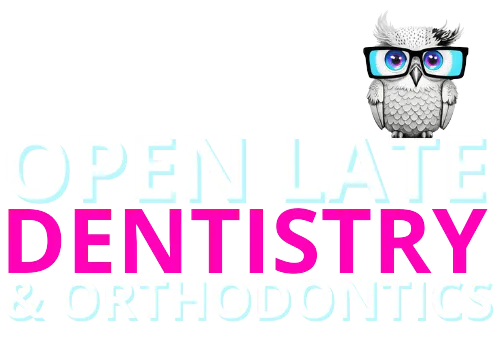
OFFICE HOURS
TUESDAY: 12:00 PM - 6:00 PM
WEDNESDAY: 12:00 PM - 6:00 PM
THURSDAY: 11:00 AM - 7:00 PM
FRIDAY: 10:00 AM - 5:00 PM
SATURDAY: 10:00 AM - 2:00 PM
(Select Saturdays Only)
Contact Us
TEXT us at: 972-885-9670

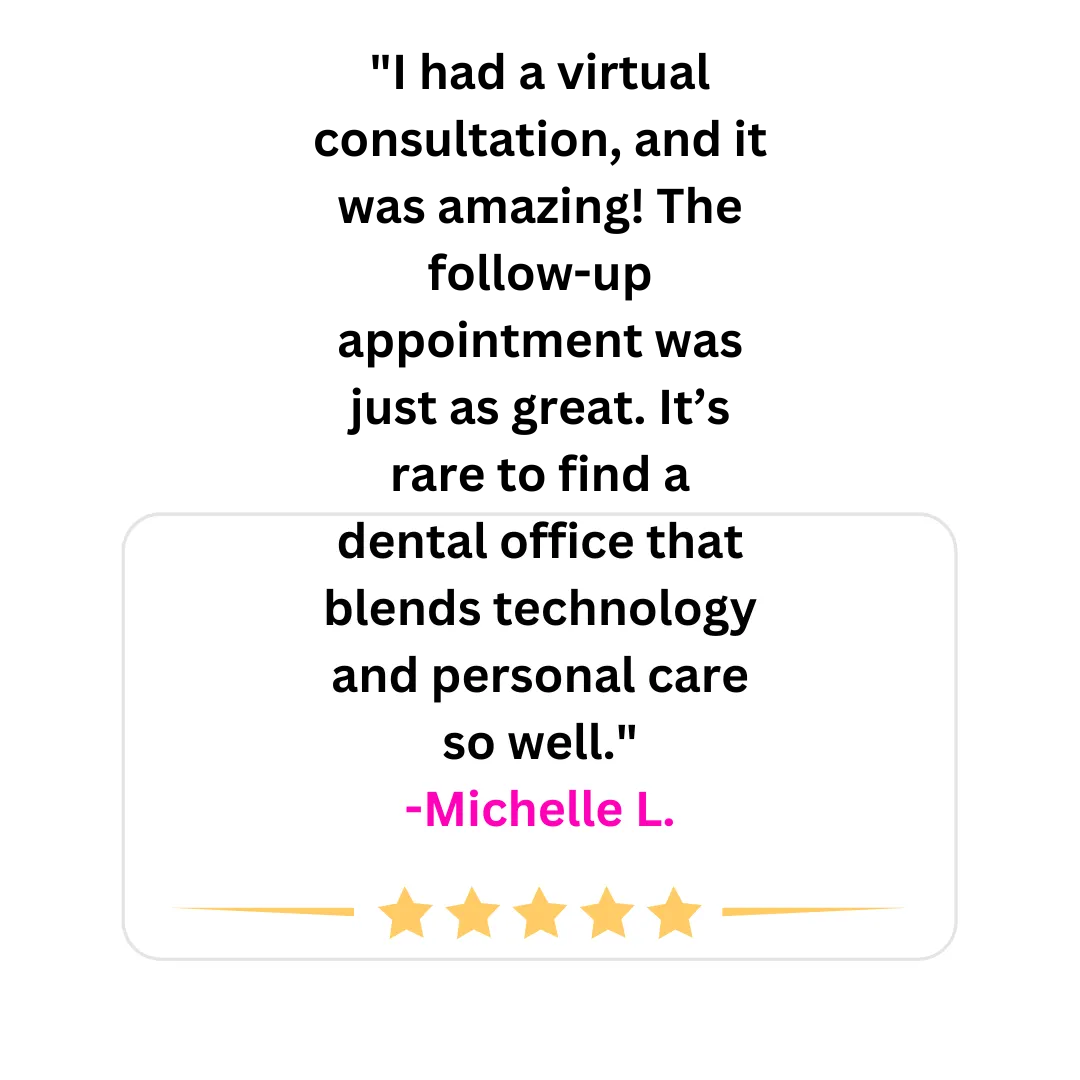
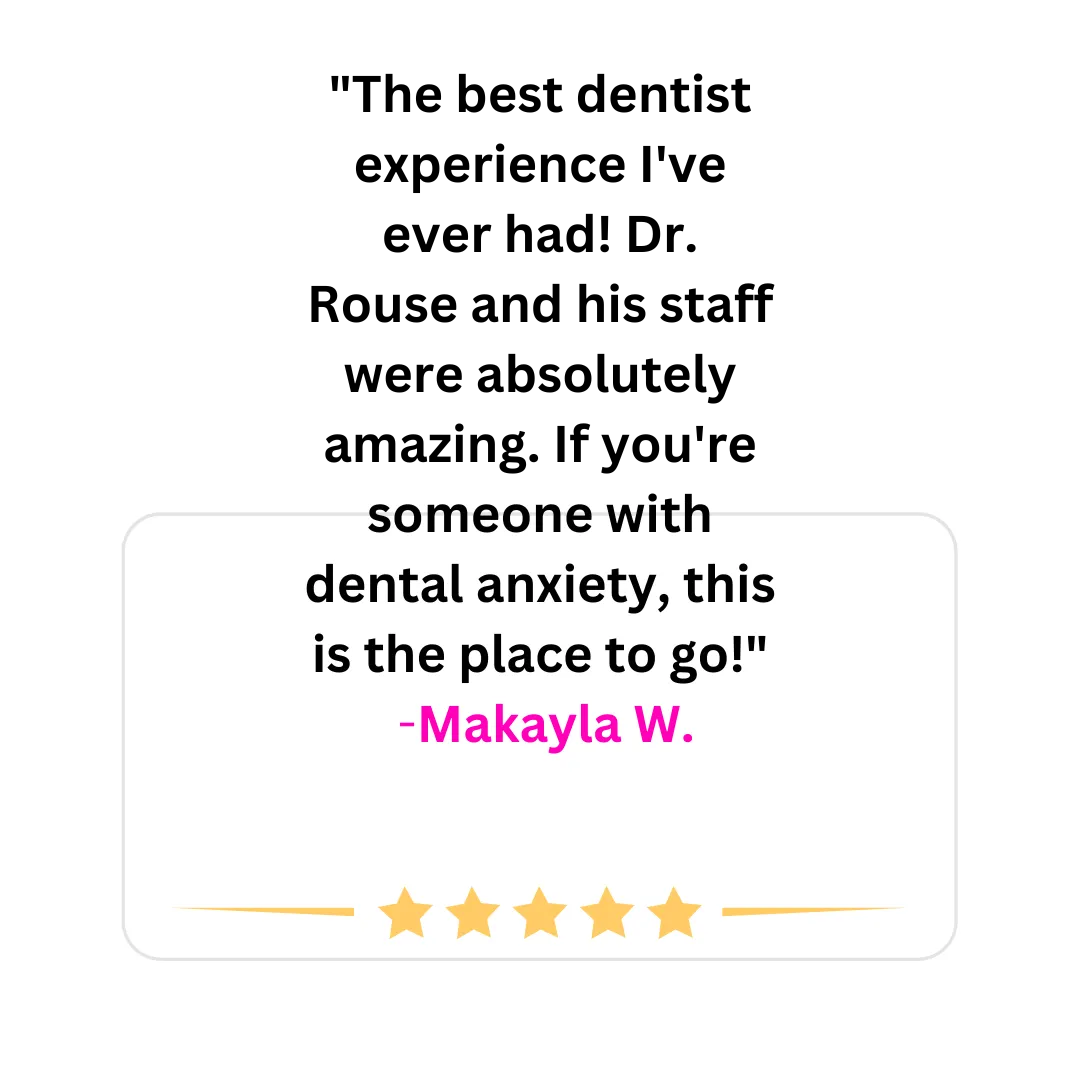
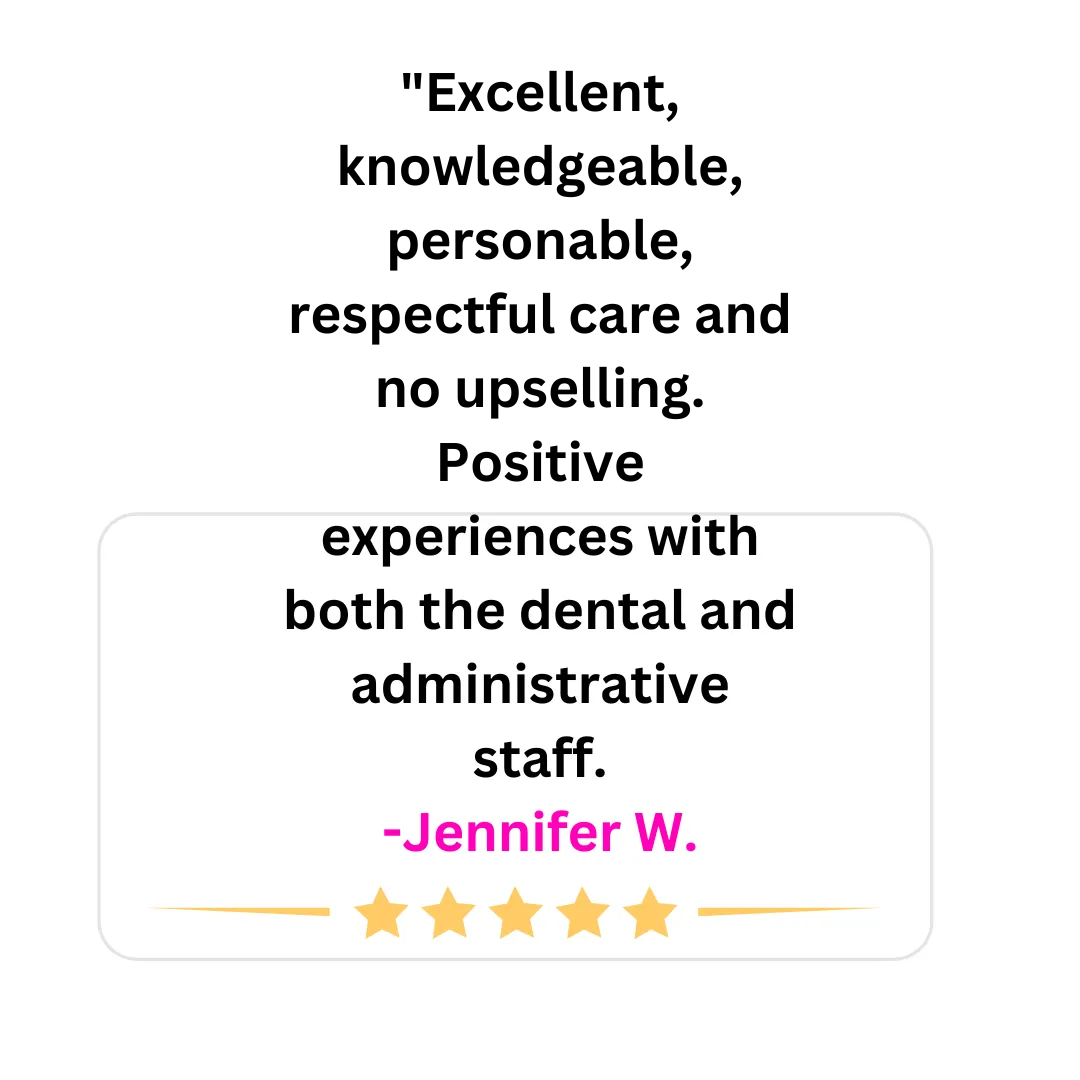

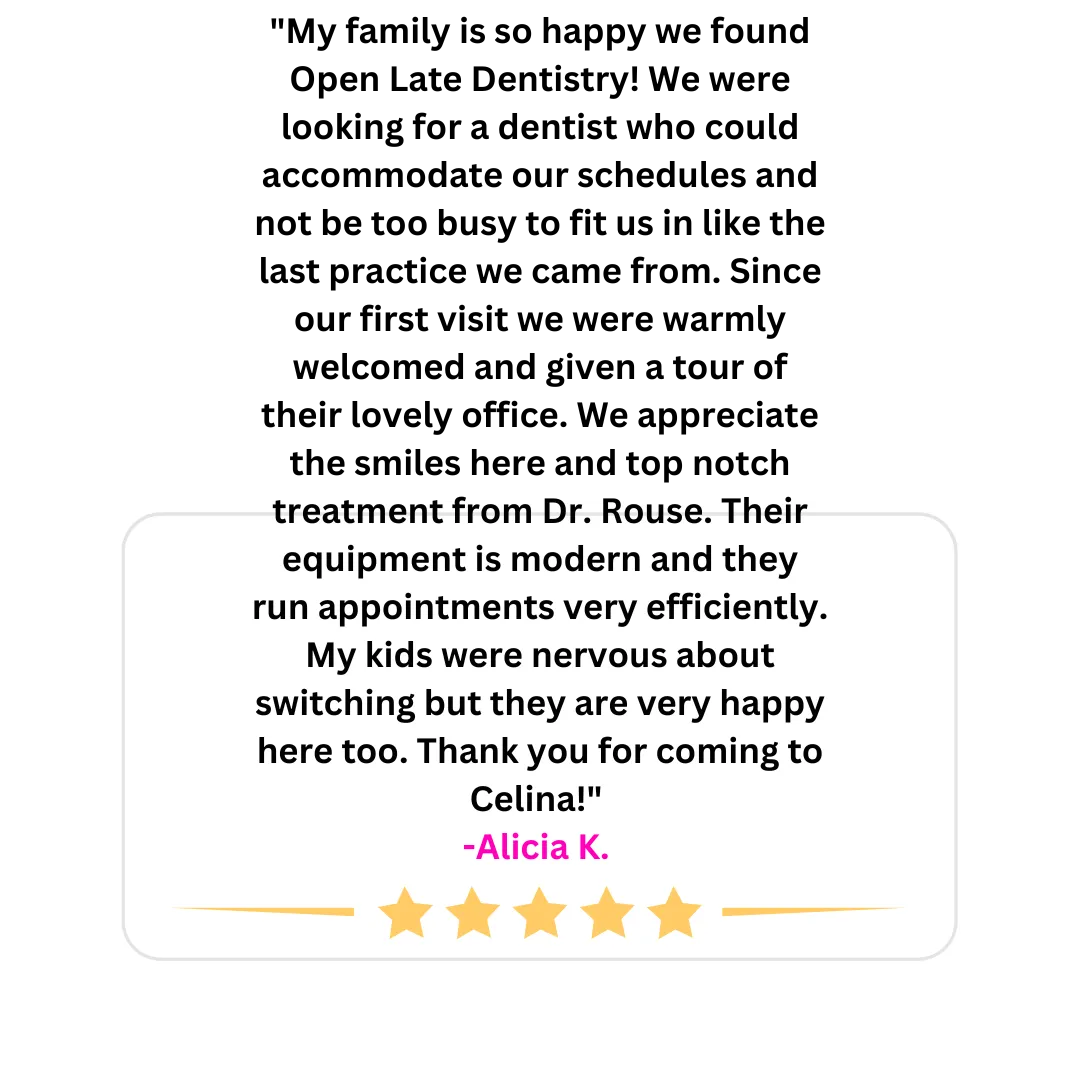



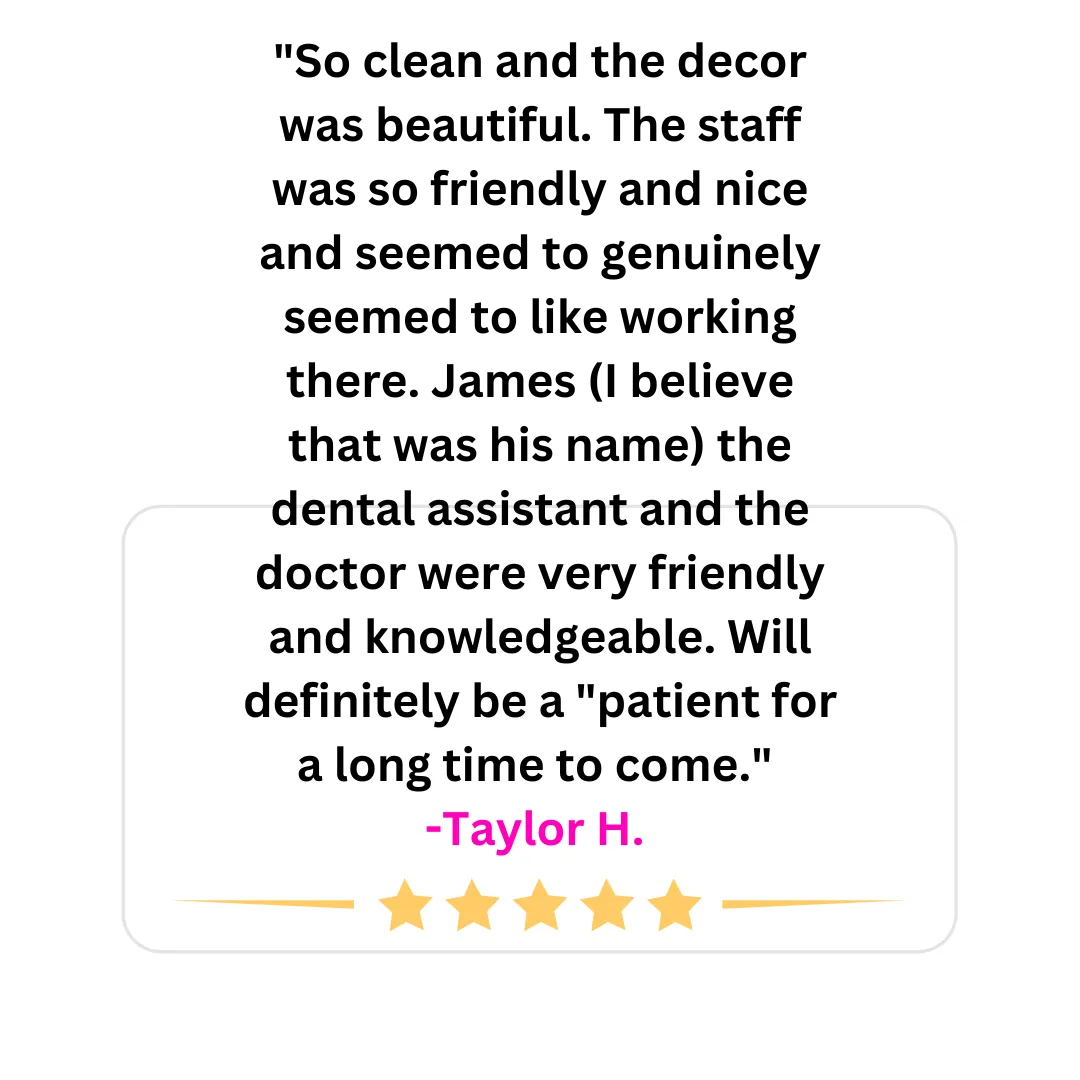
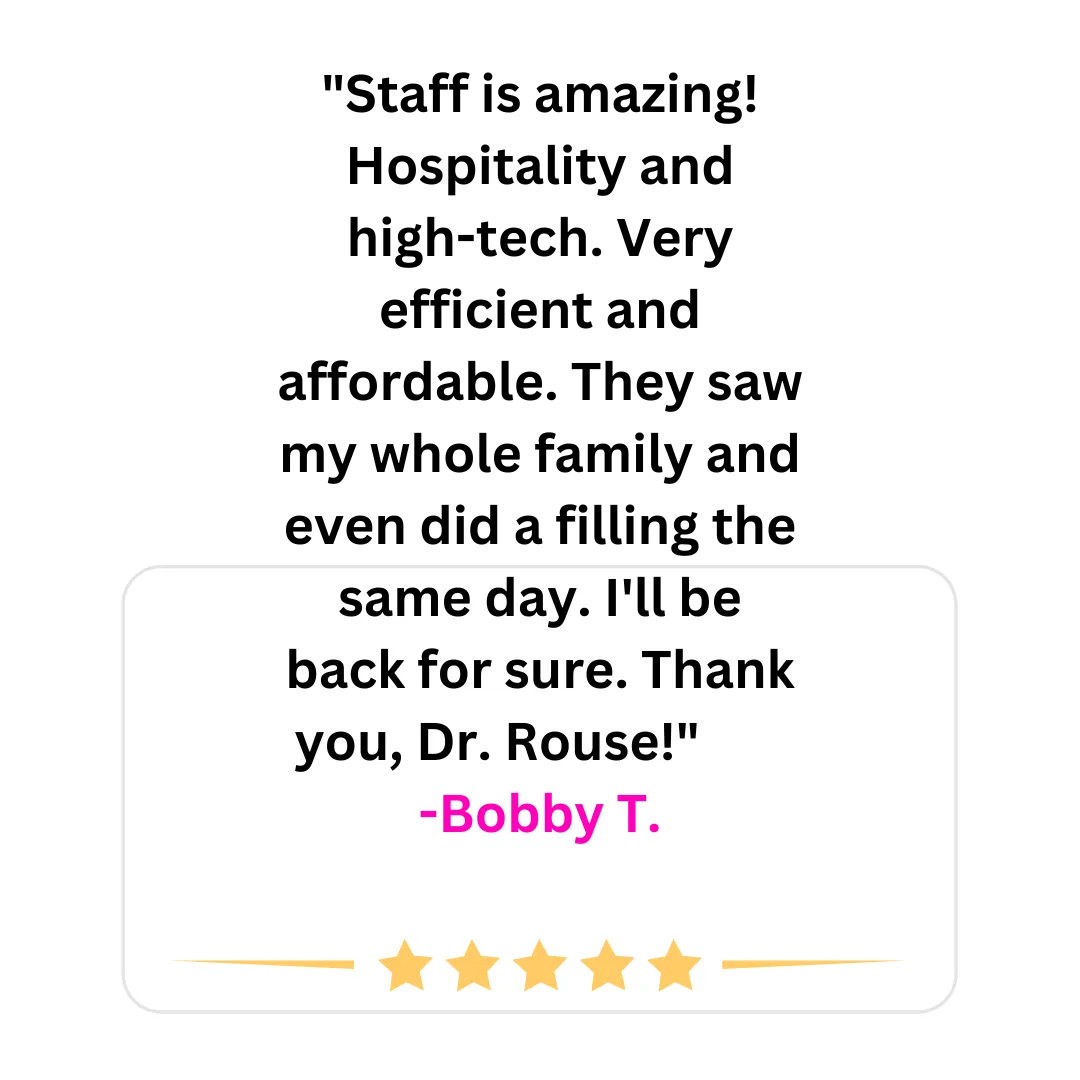

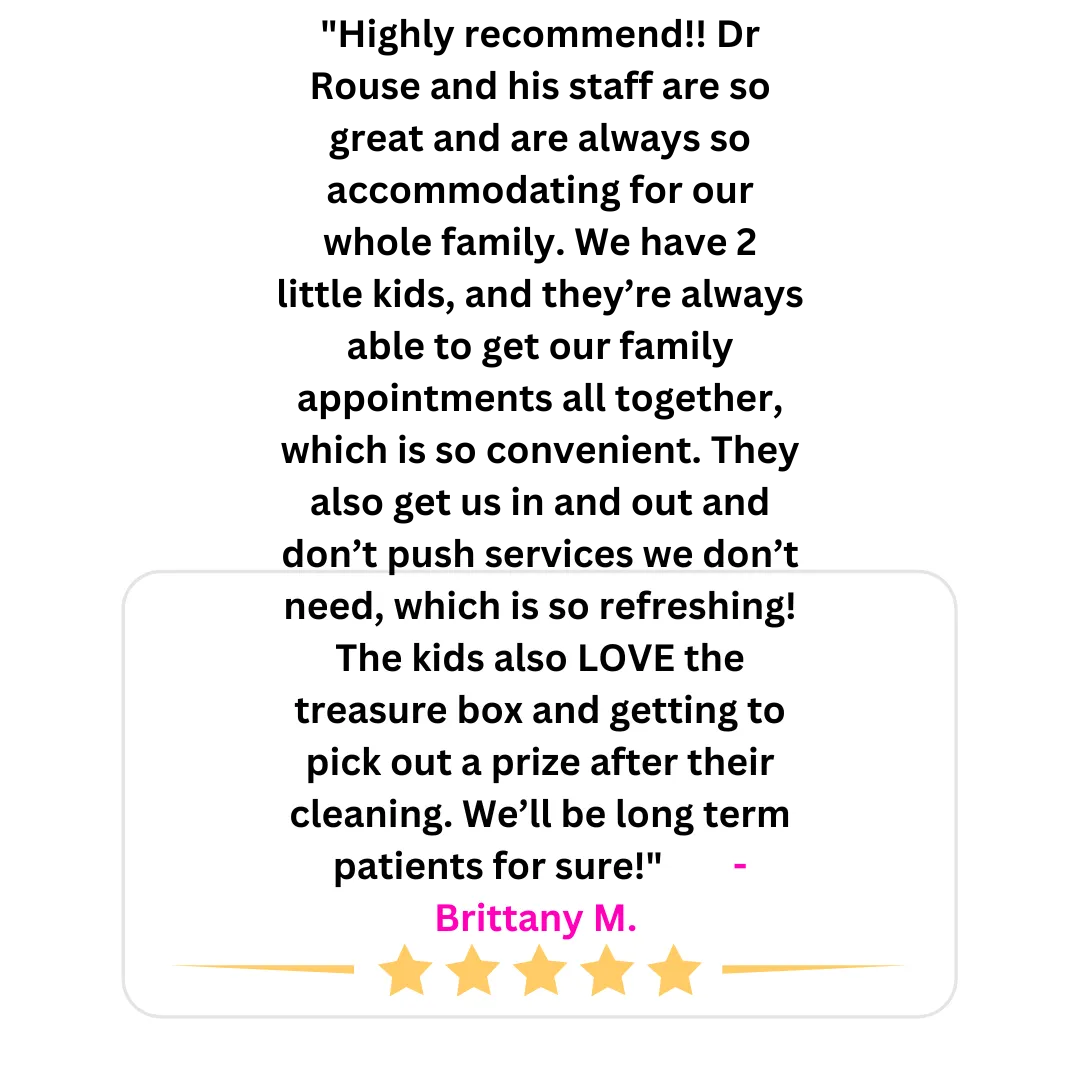



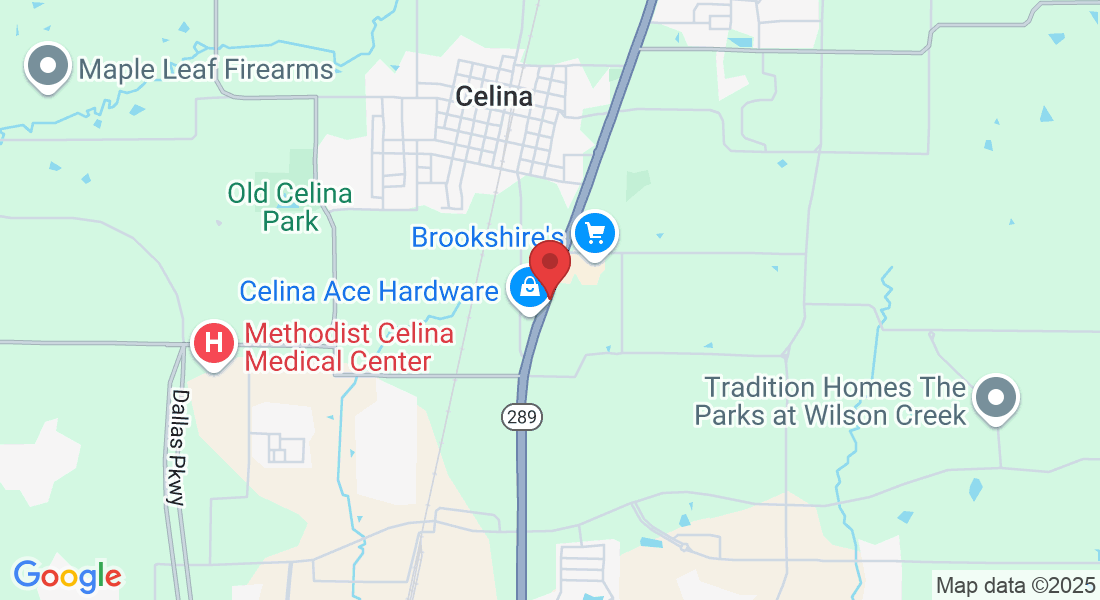
Facebook
Instagram